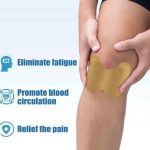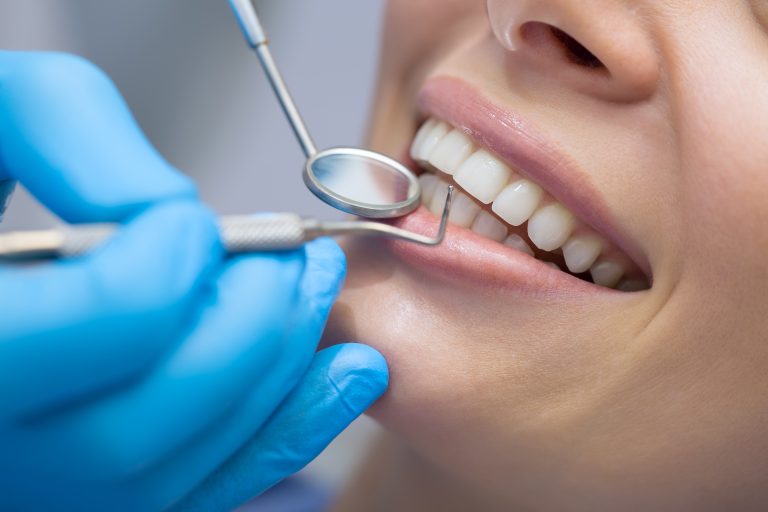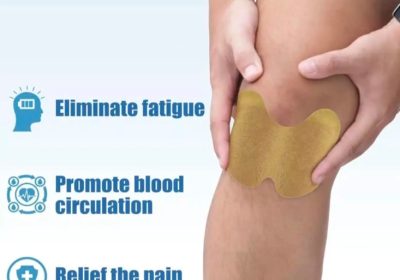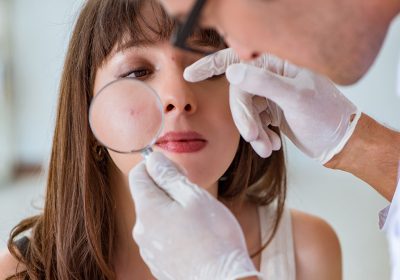
Newborns and Dental Health Problems
Newborns are not immune to dental problems. As a parent, it is essential to be aware of the types of dental issues in newborns and take steps to prevent and treat them. Powell, TN dental services can help recognize some common dental issues found in newborns.
Natal Teeth
Natal teeth are teeth that are present in the mouth at birth. They are rare, occurring in about 1 in 2,000 to 3,000 births. Natal teeth are often small, poorly developed, and may be loose or have a weak root. They are usually located on the lower front gums but can also appear on the upper gums or in other areas of the mouth.
Natal teeth can cause a number of problems, including difficulty nursing or bottle feeding, irritability, and the risk of the teeth being accidentally swallowed or aspirated. Treatment for natal teeth may include removing the teeth if they are causing problems or if they are not properly developed.
Neonatal Teeth
Neonatal teeth are teeth that erupt within the first 30 days of life. They are also rare, occurring in about 1 in 30,000 to 40,000 births. Neonatal teeth are usually fully developed, and they are most commonly found on the lower gums. They can also occur on the upper gums or in other mouth areas.
Like natal teeth, neonatal teeth can cause difficulty with feeding and risk being accidentally swallowed or aspirated. Treatment for neonatal teeth may include smoothing the edges of the teeth or removing them if they are causing problems.
Tooth Eruption Cysts
Tooth eruption cysts are fluid-filled sacs around the crowns of developing teeth. They are common in newborns and infants and usually resolve independently as the teeth develop and erupt. Tooth eruption cysts are generally not a cause for concern but can cause discomfort and irritation.
If your newborn has a tooth eruption cyst, your dentist may recommend treating the cyst with a warm, moist compress or pain relievers if necessary. In some cases, the cyst may need to be drained or removed.
Thrush
Thrush is a fungal infection that can occur in the mouth of newborns. It is caused by an overgrowth of the fungus Candida albicans, which usually is present in the mouth in small amounts. Thrush can cause white patches on the tongue, gums, and inside the cheeks and a red, sore mouth.
Treatment for thrush may include antifungal medications such as nystatin or fluconazole. Practicing good oral hygiene and cleaning your infant’s mouth with a clean, damp cloth or gauze pad is also essential.


















